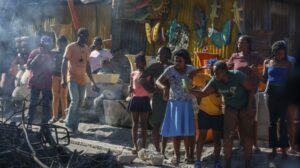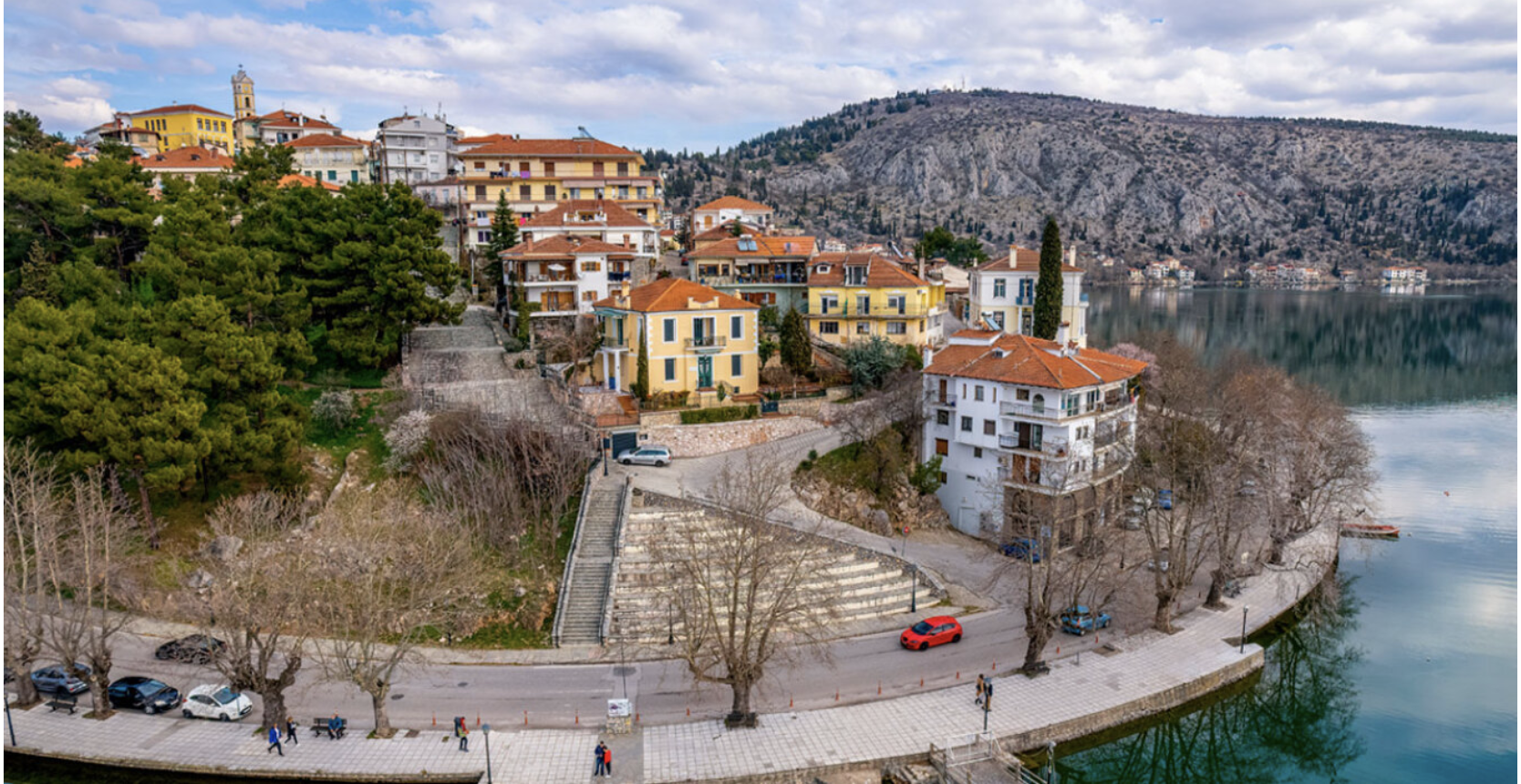More than forty thousand people have been forced to flee their homes in the Haitian capital in ten days because of a new outbreak of violent gangs, the International Organization for Migration (IOM) stressed yesterday (Monday), calling it the worst wave of displacement in two years.
Between November 11 and 20, 40,965 people were forcibly displaced in the Port-au-Prince metropolis because of the violence, many of whom were forced to flee for a second or third time, the IOM, part of the UN system, pointed out.
“The scale of these displacements is unprecedented since the beginning of our response to the humanitarian crisis in Haiti in 2022,” commented Gregoire Goodstein, head of the IOM’s Haiti chapter.
In total, more than 700,000 people – 50% are children – have been forcibly displaced in the impoverished Caribbean country.
This is a “humanitarian challenge” and “a test of our collective responsibility,” Mr Goodstein insisted, underlining the difficulty for UN teams trying to do their work in conditions of increasingly widespread insecurity.
Haiti remains mired for decades in chronic political instability, exacerbated by a security crisis due to the activities of gangs accused of thousands of murders, kidnappings for ransom, extortion, large-scale sexual violence…
For two weeks now, the capital Port-au-Prince and its surroundings have been suffering a new wave of violence attributed to “Viv Ansanm” (“Living Together”), a gang alliance formed in February whose actions led to the resignation of the then disputed de facto prime minister, Ariel Henri.
HRW: Sexual violence ‘generalised’, access to health services almost annihilated
Sexual violence involving women and girls is “generalizing” in Haiti and access to health care is becoming increasingly difficult, , against the backdrop of a new upsurge in gang attacks against civilians, the non-governmental organization Human Rights Watch (HRW) denounced on Monday.
According to a report by the NGO, at least 4,000 women, adults, and minors, reported being subjected to sexual violence between January and October.
The number of such cases involving child victims increased by 1,000 percent compared to the same period in 2023, it added, citing UN figures.
Human Rights Watch stresses that this figure is probably a gross underestimate, as the majority of these cases are covered by a veil of silence.
“Criminal organizations often use sexual violence to instill fear in areas controlled by their rivals. Although inter-gang conflicts decreased in 2024, attacks against the population, police, and services increased, including the generalization of sexual violence,” the document stresses.
Since late February, Haiti, a poor Caribbean country already mired in decades of crisis, has faced a rapid escalation of gang attacks, attributed to thousands of murders, kidnappings for ransom, and large-scale sexual violence.
The gangs, which control about 80% of the capital Port-au-Prince, frequently attack civilians, although an international armed force led by Kenya has been deployed since the summer, with the blessing and support of the UN and the US.
“The rule of law is so fractured in Haiti that members of criminal organizations rape girls or women without fear of any consequence,” Natalie Cotrino, a researcher specializing in crises and armed conflict who works for the organization, pointed out in the HRW document.
The research was based in part on dozens of interviews conducted in the Haitian capital of Port-au-Prince or remotely. According to Human Rights Watch, “many victims suffer because of the consequences of their abuse and mistreatment or end up pregnant, without access to medical, psychosocial or legal services, even those who end up carrying sexually transmitted diseases that affect large numbers of victims, including HIV,” the virus that causes acquired immune deficiency syndrome.
Abortion is illegal in Haiti in all cases, with no exceptions.
Natalie Cotrino called on the international community “to urgently increase funding to comprehensive support programs for victims of sexual violence” and to provide the authorities with “the necessary resources to restore the rule of law, guarantee basic security, and rebuild health and justice systems.”
In October, the UN warned that only 24% of health facilities were functioning in the Port-au-Prince metropolitan area. And this month Médecins Sans Frontières (MSF), a non-governmental organization that is a major provider of free care, suspended its operations because of threats to staff members that they would be raped or shot by police.
Ask me anything
Explore related questions





